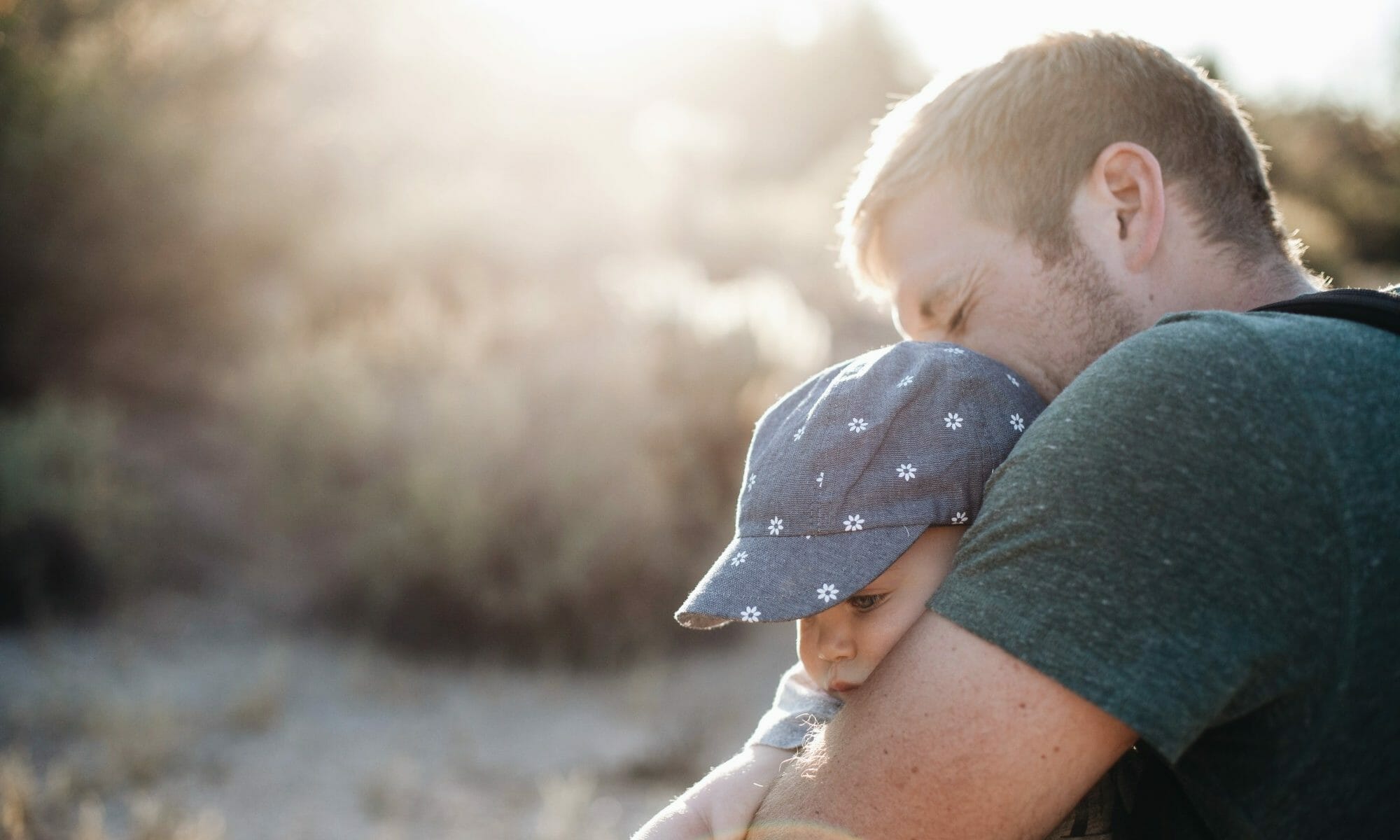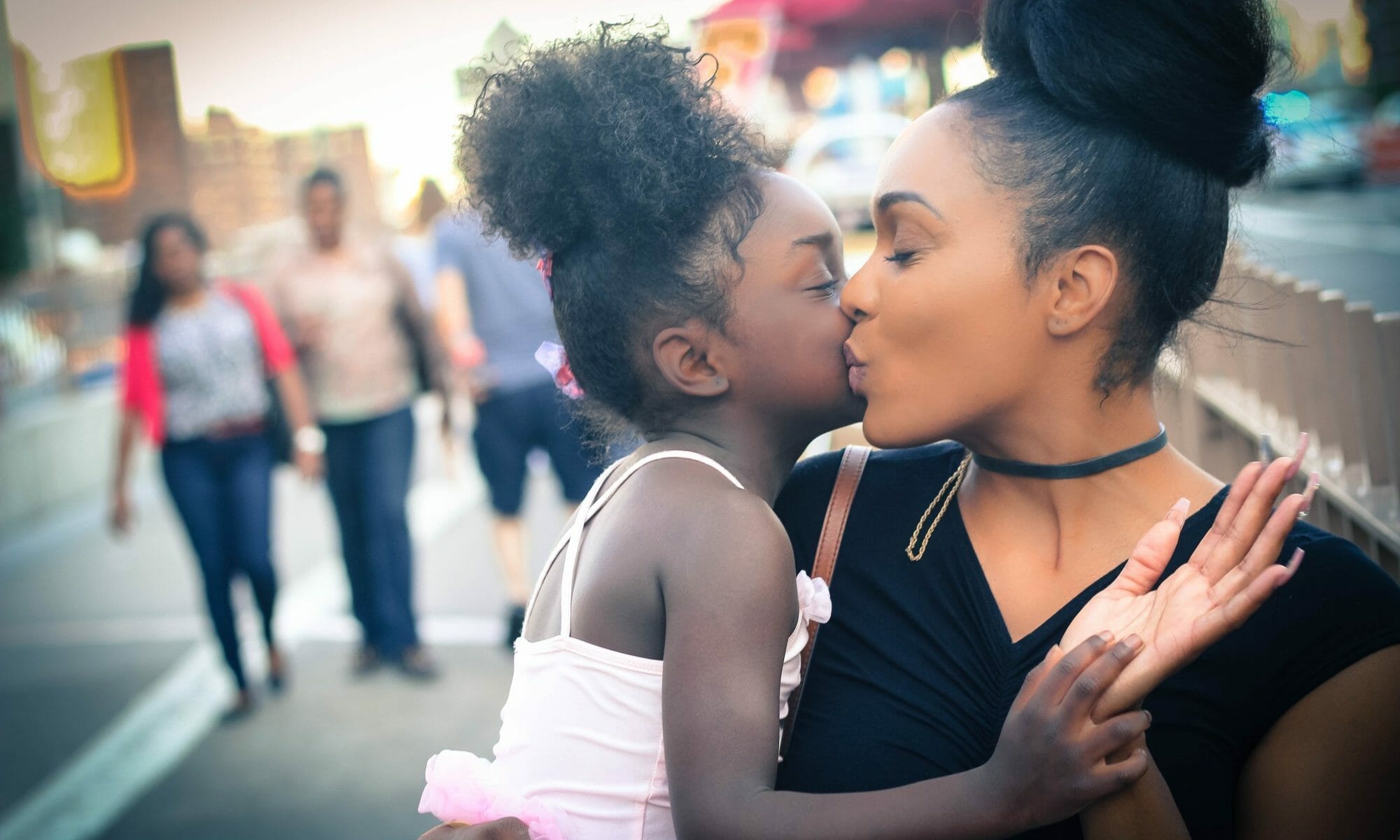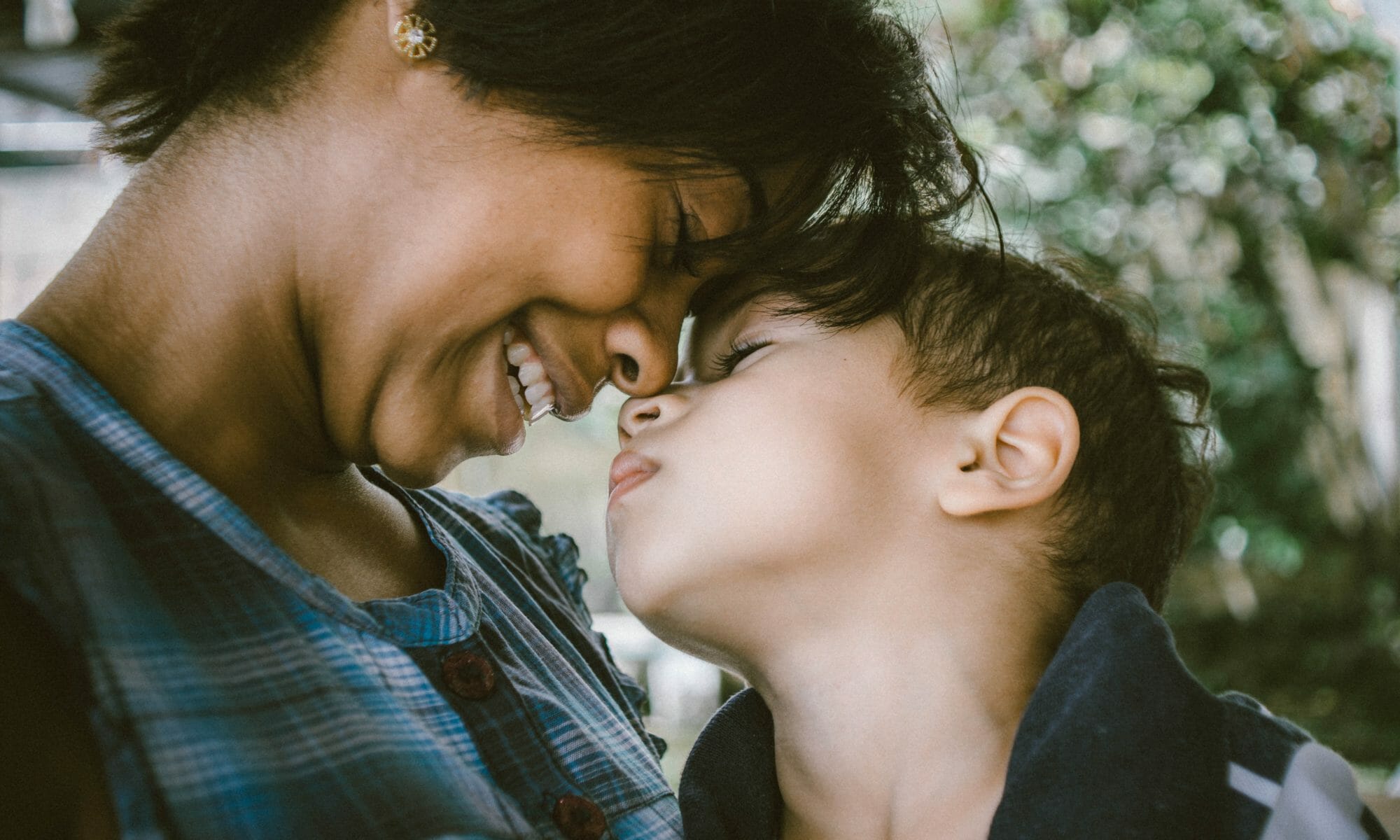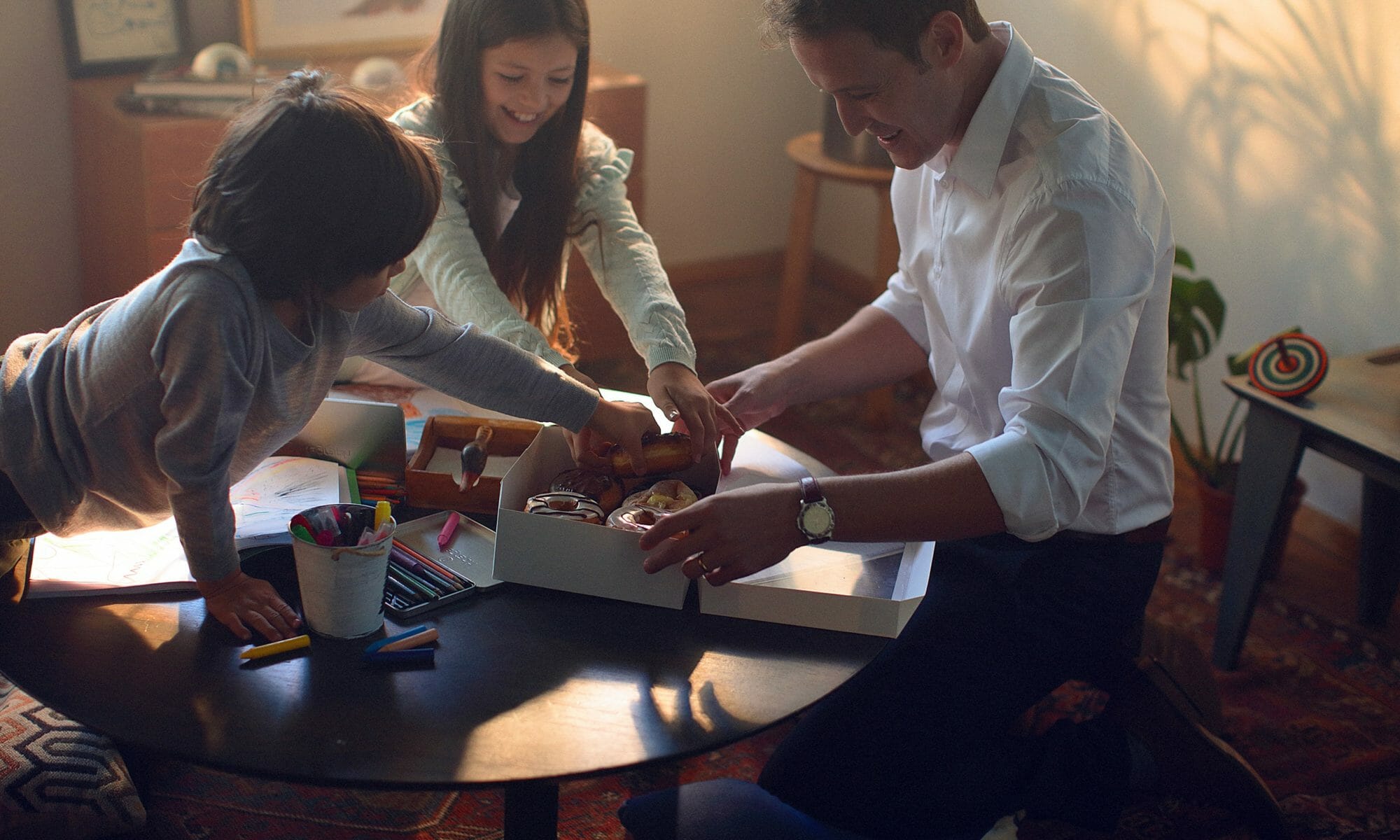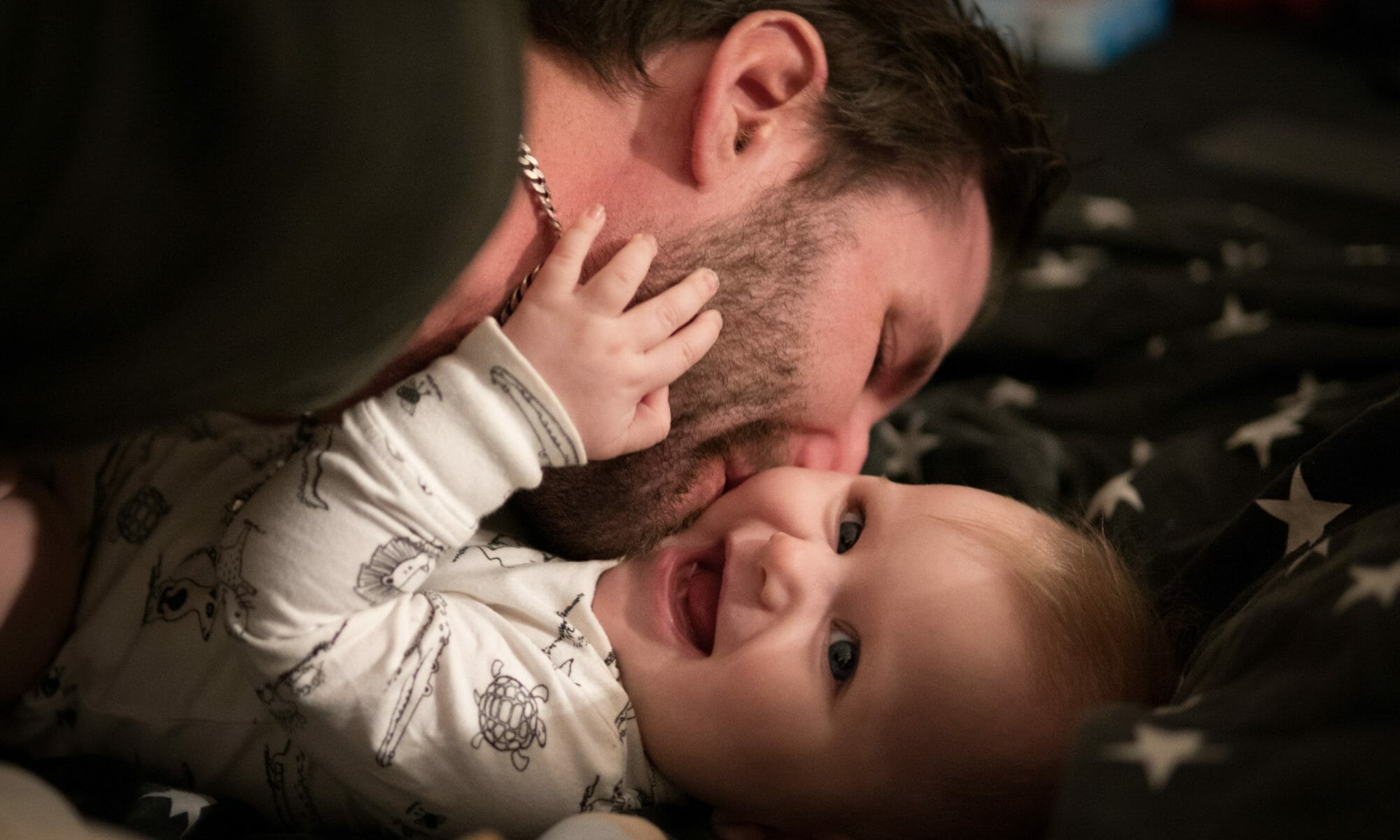On Mother’s Day, women around the world are recognized for their child-raising efforts; but sadly, stepmoms are hardly acknowledged.
Step-parents understand they’re not the primary parent; however, most do want others to respect them. After all, step-parents face many challenges. From bad relationships with biological moms to lack of reciprocated affection, it can be difficult.
That’s why it’s important to celebrate Mother’s Day every year. It’s essential to feel appreciated and recognized.
With this guide, you can learn how to celebrate Mother’s Day in your own way. Whether that means kicking back in your favorite PJ’s or laying on the beach, you can make your own special memories.
Now, are you ready to dive in? Here’s an in-depth look at how to celebrate as a stepmom:
Enjoy the Day with No Expectations From Your Stepkids
As a stepmom, Mother’s Day can be challenging since it can remind you of everything you do but receive little to no recognition. If your stepchildren do indeed show their appreciation, it can be, at times, awkward for their insincere efforts.
It’s okay to want some kind of praise, after all, you deserve it. However, that doesn’t mean you’ll always receive a present or a card from your stepkids. Sometimes children feel that it dishonors their mother to celebrate their stepmom.
That’s why it’s best to have no expectations for your stepkids on Mother’s Day. If a child presents you with a hand-written card or a gift of some kind, then that’s amazing! Embrace their offering and thank them for their praise.
However, if they don’t, try not to take it personally. Instead, remind yourself that the most important gift is not a material one but rather having the privilege to shape a child’s life.
Husbands Carry the Day
For many stepmoms, the only person who will truly celebrate Mother’s Day is their husband. However, try not to fret about the missed presents, cards, or words of recognition.
This actually allows you to create your own special day. A day where you can reconnect with your husband, make long-lasting memories, and even feel pampered if you want. By creating your own special day, you can start new traditions and allow your husband to show you just how much he appreciates you.
It’s important, however, to set the expectations-that way you’re not disappointed or let down.
Tell your spouse if you want flowers or a card in addition to a planned getaway or instead of. Let him know, and he’ll make sure to deliver to the best of his abilities.
How to Celebrate
Planning your own celebration is the best. That way, you can select a day that fits within your schedule. You can pick a planned getaway the day before Mother’s Day or enjoy a nice trip on the day itself.
Just remember to plan around events that might include your kid’s biological parent. Now to get you started here are a few ideas:
Spend a Weekend at a Bed and Breakfast
Need some alone time with your hubby? Stay at a cozy B&B for the weekend, and reminisce about the good times your family has had. Enjoy not worrying about chores, early morning wake up calls, or the stresses of work.
Just relax and enjoy one another’s company. However, wait until you hear the best part you can wake up on Sunday morning to a mouthwatering breakfast that you and your spouse didn’t have to cook! Now, don’t feel guilty for asking for a little time away from the kids.
In fact, in order to be the best mom, you have to take care of yourself emotionally, physically, and mentally. So if you want to be whisked away to a cute B&B and get treated to a restful sleep, let your husband know. Your motherhood efforts need to be acknowledged and recognized accordingly.
Spend the Day at a Nearby Beach
As a more affordable option, you can spend a day at the beach. You can sunbathe, swim in the ocean, or play a beach sport. Perhaps even have a picnic on the cozy white sand with your husband too.
Try not to nitpick on how you’re alike or unlike from your kid’s biological mother. During Mother’s Day, that can be hard to refrain from; however, it’s important to enjoy the moment and focus on you and your stepkids.
One way you can do that is to set goals with your husband to help you become better connected with your stepfamily. For example, you can start planning family movie nights, weekly game nights, or even family trips.
Relax with a Trip to the Spa
Who said being a stepmom isn’t difficult, that’s why a trip to the spa is definitely deserved. You can delight in treatments like a hot stone massage, a facial, or enjoy additional services like hair styling.
But why go for the basics when you can have specialty treatments? Ask about the Thai massage, mud wrap, or inquire about the salt scrub body treatments. While they may be increased in price, they have incredible health benefits and will make your stay feel even more posh.
If you don’t want to go alone, enlist one of your friends or even ask your hubby to join you. You can get separate treatments or enjoy a couple’s massage. With a full day of being pampered, you’ll feel relaxed and rejuvenated.
Find Another Stepmom and Go out for Brunch
Stepmoms understand navigating Mother’s Day is challenging, so what better way to celebrate than together. You can enjoy some gal time at your favorite brunch cafe or dine at a local eatery. Indulge in some wine and chocolate or simply have a fancy meal.
Whether or not you want to bring gifts depends on each other’s personality. However, if you want to, you can buy a stepmom themed wine glass, a pair of cozy socks, or a scented candle.
Just make sure to catch up on the latest family gossip and the best tidbits of married life. That way, you can support one another through this time. Just remember to remind one other that while it might not seem like it, you are valued for all that you do.
Go to a Fancy Restaurant
It’s one of the more cliché options on this list, but there’s nothing like eating a good meal. Make a reservation for one of your favorite restaurants or be adventurous and try something new.
Enjoy a cocktail or two followed by an appetizer, delicious entree, and don’t forget about the dessert! Don’t try and justify each pricey decision; instead, treat yourself. You’ve cooked, cleaned, and helped tirelessly with every decision.
Now, it’s time for you to enjoy a nice meal. However, don’t just go out in your work clothes; instead, dress up and make a night of the occasion. Go for a stroll after dinner and people watch or drive around town and talk endlessly.
Spend the Day at Home
Sometimes the best celebration is simply sleeping in. By staying home, you can do whatever you want when you want. Don’t worry about putting the laundry in the dryer or washing the dishes, instead take the day off.
Binge-watch, your favorite TV show, eat breakfast in bed or even play your favorite board game. Allow yourself to have some much needed R&R. You’ll find you’ll feel better rested in the morning.
Take a Couples Class
Couple classes are perfect for strengthening a healthy relationship. In fact, they’re great for you and your hubby to explore new hobbies together. You can try painting, dancing, or even a mixology class. All classes increase trust and boost communication.
Learning something new is not only fun, but it can bring people together and keep relationships fresh and happy. That way, when you go back to your usual routine, you can embrace what you learned, whether that be how to make a delicious margarita or slow dance to your favorite song.
Stepmoms, Are You Ready for a Fun Celebration?
Step-parents face many challenges over the years, from disputes with biological moms to lack of affection from kids, being a stepmom is no easy feat. However, no stepmom should feel left out on Mother’s Day. That’s why you should celebrate yourself with your hubby.
Go out and have yourself a wonderful dinner or a spa getaway. Pamper yourself, and acknowledge that you are valued.
For more information about Mother’s Day for stepmoms, contact 2houses or register today!


